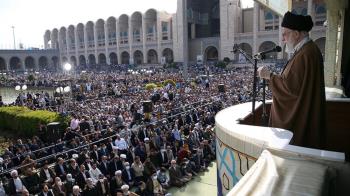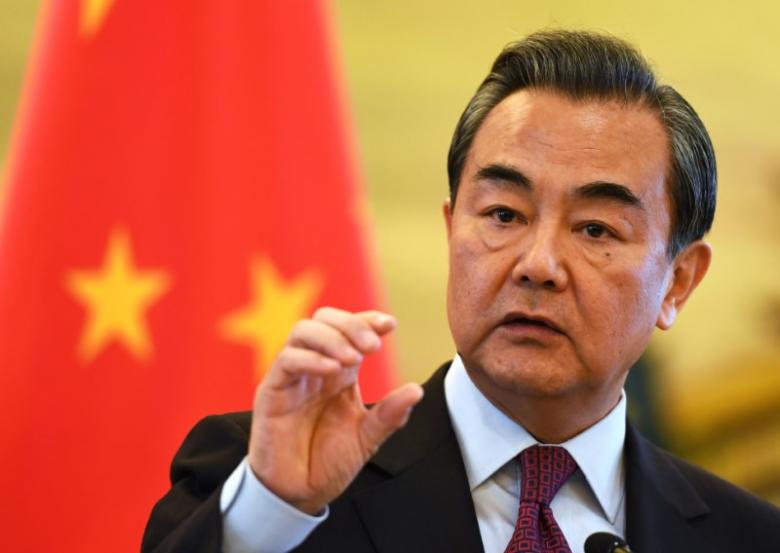Alwaght- China has recommended the US to refresh its history about the World War II after US statements about China-Japan disputed islands.
Chinese foreign ministry published a statement on its website late on Tuesday, saying that Chinese Foreign Minister Wang Yi had a "suggestion" for American friends. "Brush up on the history of World War Two".
On Tuesday, US Secretary of State Rex Tillerson reaffirmed US commitment to ensure protection of Japan, including the disputed Senkaku Islands in the East China Sea, stressing that the islands were "administered by Japan and fall under Article 5 of the US-Japan Security Treaty."
Wang stressed that the 1943 Cairo Declaration and 1945 Potsdam Declaration clearly stated that after the World War II Japan was obliged to return to China the captured lands, including the Spratly Islands in the South China Sea. He added that in 1946 China with the assistance of the US side managed to return the sovereignty over those islands, though some countries illegally occupied part of the territory, which resulted in tension in the South China Sea region.
According to Wang, the dispute should be settled directly by the involved parties through consultation and dialogue, with countries outside the region actively supporting the peace efforts.
China and several countries in the region, namely Japan, Vietnam and the Philippines, have disputes on maritime borders and responsibility areas in the South China and East China seas. In January 2013, the Philippines formally initiated arbitration proceedings against China's claim on the Spratly Islands, with the the Permanent Court of Arbitration ruling out in 2016 that the islands were not an exclusive economic zone for China.
Japan and China have had a territorial dispute over the Senkaku Islands, called in Chinese the Diaoyu Islands, since the 1970s. Japan controls the territory, while China claims it. After World War II, the United States held the control of the territory and then transferred it to Japan in 1972 along with the Okinawa Island.
In 2012, after Japan announced the nationalization of the islands, anti-Japanese demonstrations were held across China and the country’s leaders said they would defend the territorial integrity of the islands.



























